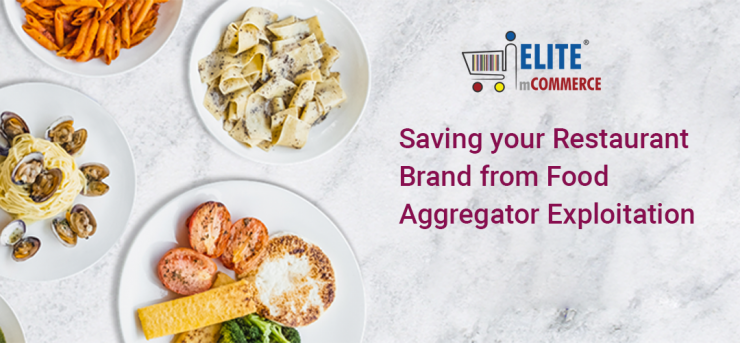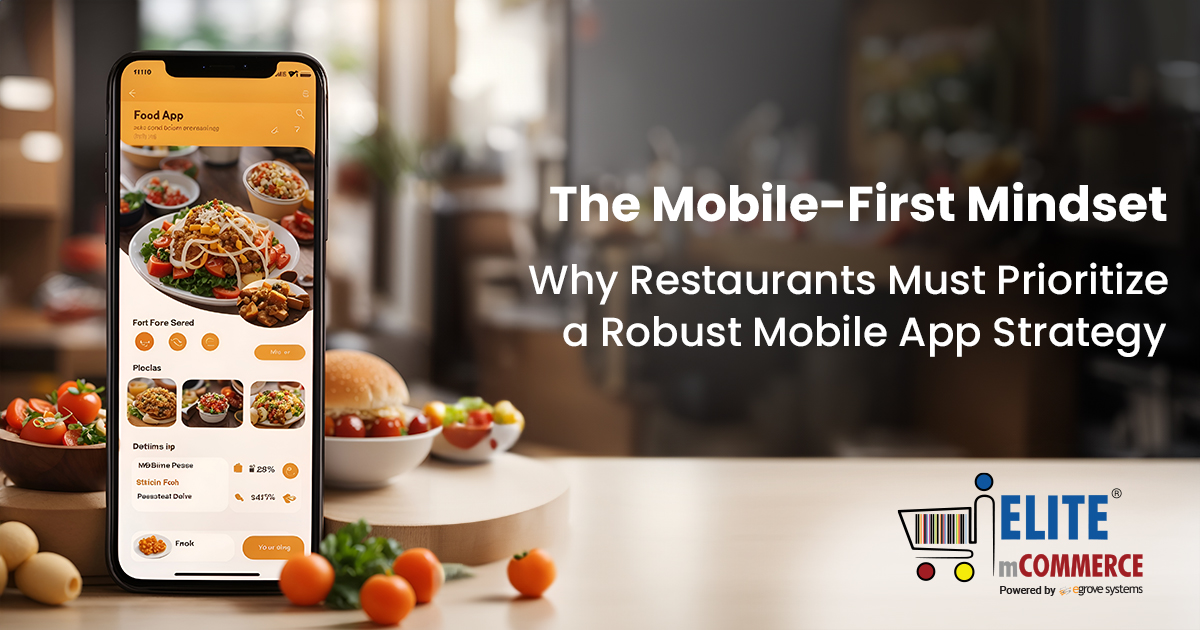Supporting online and mobile ordering can provide a key source of revenue for restaurants and let customers buy the way they prefer. However, the most common way of setting up restaurant ordering through a mobile app is through third-party platforms who aggregate the ordering for thousands of restaurants worldwide. These platforms drive new business to independent eateries, but increasingly, restaurateurs are finding that what they offer is a tradeoff that may not be worth the cost. It’s important to understand the ways in which these apps can be detrimental and how a business can succeed while avoiding dealing with them.
When a restaurant starts using a third-party delivery app, they are listed online and customers within the delivery radius can locate and order from them. But restaurants need to be wary of what this means for their brand.
Aggregators have a reputation for drawing publicity from an individual restaurant to their own content. It was discovered that Grubhub created thousands of websites matching the names of restaurants who had signed up with them, without the knowledge or permission of the owners. These sites direct to the aggregator’s site and list phone numbers used to order from their service rather than directly from the restaurant. While the companies claim to make these sites on the restaurant’s behalf to improve their online brand, they can interfere with their own efforts and leave them dependent on a large company for marketing.
Likewise, the phone numbers assigned to each restaurant that uses the app have been used to siphon customer activity away from direct business with the restaurant. They are often displayed on search engines, and customers who use these in place of the restaurant’s line may not realize they are dealing with a third party and causing restaurants to pay fees. Restaurants have even been charged for calls where no transaction takes place, a practice that resulted in lawsuits and third-party platforms changing their policies once this practice was discovered.
Even restaurants who don’t choose to partner with third-party platforms have been subject to brand damage due to their actions. Companies such as Doordash have been found to list menus of these restaurants and offer delivery without their knowledge.
Due to the lack of transparency in the billing and service of aggregator apps, customers have frequently come to blame restaurants for problems with their orders that are beyond their control. Restaurants can do very little to hold third-party contractors accountable for deliveries coming late or in poor condition, or if their menu listings online are misleading. Issues like these can result in negative reviews that can seriously damage a business’s reputation, especially on the apps themselves where restaurants are in direct competition with hundreds of others throughout their city.
Read also : The Must-Have Essential Features of a Food Ordering App
Third-party platforms can charge commissions of up to 30%, making restaurant staff work harder for sales that make less profit overall. Even with the current rapid growth and high competition, these rates are unlikely to change. Major companies such as Doordash, Uber Eats, and Grubhub are still failing to make a profit, so restaurants can’t expect this business model to alter in favour of lower commissions.
Ultimately, the difficulties caused by third parties mean that it is desirable for restaurants to engage with the mobile economy themselves. Creating a customized mobile app is easier than ever, allowing restaurants to offer online delivery without being exploited by large companies and losing control of their brand.
In addition to profiting more on each order, this lets businesses build stronger relationships with their customers through direct lines of communication where they can offer coupons and special deals to encourage customers to choose them in particular, rather than competing against hundreds of other restaurants at each meal. As big as third-party services are at this moment, restaurants who rely on them for business will weaken their brand and their profitability, and launching a custom app offers new opportunities for food delivery.









nice post, i know a very good restaurant
Al Falah Restaurent
Road, Al Hamra
ph. 7196 2722